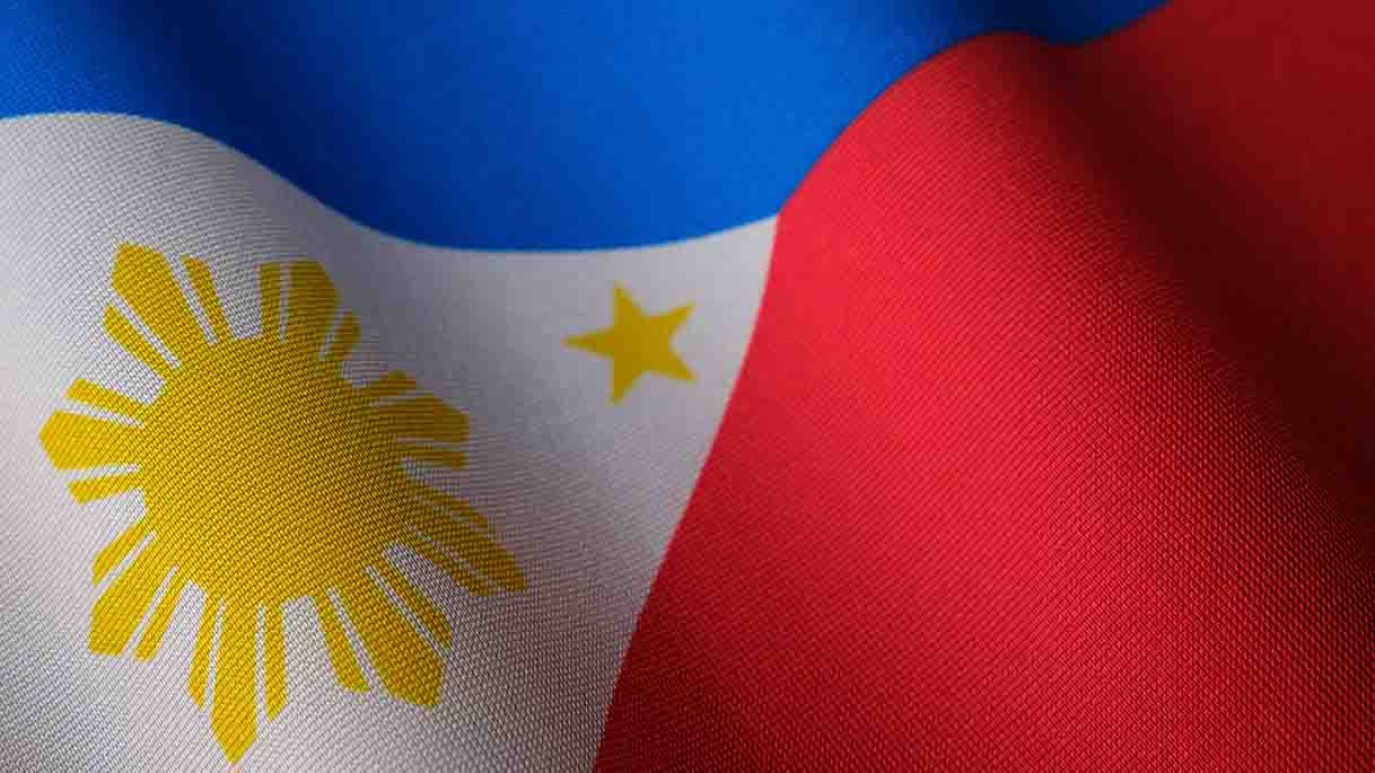China-Philippines Discord Stokes South China Sea Tensions

As relations between China and the Philippines continue to deteriorate over territorial disputes in the South China Sea, the Philippines is shoring up relations with other South China Sea claimants and striking agreements with regional allies to facilitate joint military operations.
On 15 January Philippines Armed Forces Chief of Staff General Romeo Brawner said his country will upgrade its nine outposts in the South China Sea and acquire more ships, aircraft, and radar to push back on China’s increasing assertiveness in the disputed area. China’s Foreign Ministry repeated China’s territorial claim and said China “firmly opposes” the Philippines’ planned actions. On 25 January China’s Defense Ministry warned of countermeasures if the Philippines continues its outpost expansion.
On 16 January a spokesman for the Philippines Justice Department said his department is preparing documents to sue China in the Permanent Court of Arbitration (PCA) in The Hague for environmental damages. All the legal papers were to be ready by the beginning of February. Last September Philippines Solicitor General Francis Jardeleza said the Philippines Coast Guard found that Chinese activities in the Philippines’ 200-mile exclusive economic zone have done “extensive damage” to the area’s maritime environment.
- In 2016, when the PCA ruled against China’s claim of sovereignty in the South China Sea, China took a position of “non-acceptance and non-participation” in the legal proceeding.
On 15 January President Ferdinand Marcos Jr posted on X, “On behalf of the Filipino people, I congratulate President-elect Lai Ching-te on his election as Taiwan's next President. We look forward to close collaboration, strengthening mutual interests, fostering peace, and ensuring prosperity for our peoples in the years ahead.” Taipei and Manila have their own conflicting claims in the South China Sea: Taiwan controls Taiping (Itu Aba) and Pratas islands and claims all the Paracels, Spratlys, and Scarborough Shoal.
- This was the first time that a Philippine president sent a congratulatory message to a Taiwan president-elect since Manila shifted its diplomatic relations from Taipei to Beijing in 1975.
China immediately protested Marcos’ message and urged the Philippines to “refrain from playing with fire on the Taiwan question.” China’s Foreign Ministry spokeswoman said, “We suggest President Marcos read more to develop a proper understanding of the ins and outs of the Taiwan question and come to a right conclusion.”
On 17 January Philippine Defense Secretary Gilberto Teodoro responded, “It is unfortunate that the [Chinese] Ministry of Foreign Affairs spokesperson stooped to such low and gutter-level talk — resorting to insulting our president and the Filipino nation.” The Philippine Foreign Ministry said that its One China policy remained unchanged. Marcos later reiterated his country’s One Chinapolicy in a media interview.
On 29 January President Marcos arrived in Hanoi for a 2-day visit; the South China Sea was to be on the agenda. Vietnam occupies the most land features in the Spratly Island chain and claims all the Paracel Islands and Spratly Islands.
On 19 January the Philippines and Canada signed a memorandum of understanding that will lead to a Visiting Forces Agreement (VFA). This follows on negotiations with Japan that started in November and are expected to conclude in a treaty during Q1 2024. The Philippines has had a VFA with the US that allows US troops to rotate in and out of the Philippines for military operations. China responded to the news with its standard language, saying that bilateral defense cooperation between countries “should contribute to regional peace and stability and not be directed against any third party or damage the interests of any third party.”
On 17 January China and the Philippines held the 8th Meeting of the China-Philippines Bilateral Consultation Mechanism in Shanghai to discuss their territorial disputes. According to the Chinese statement, the two sides agreed to improve maritime communications and properly handle maritime emergencies. However, observers believe, as in previous meetings, nothing will change the fundamental dispute between the two countries for the foreseeable future. A conflict between the Philippines and China risks pulling in the US and its allies.
In March, the US secretaries of state and defense reportedly will hold meetings with their Philippines counterparts to discuss South China Sea tensions.
China’s 5G influence in developing economies
China’s Belt and Road Initiative and its digital counterpart, the Digital Silk Road, threaten to displace US telecom and tech companies in developing economies in Africa, Latin America and the Middle East. How can US operators and network providers stand up to the challenge?